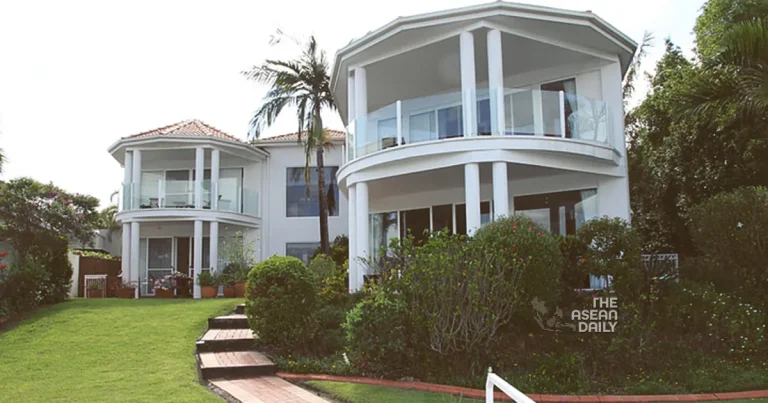9-10-2023 (BANGKOK) The Revenue Department in Thailand is poised to embrace the Prime Minister’s proposal for amending the inheritance tax law as a measure to mitigate economic inequality, according to an insider source within the department who requested anonymity.
The proposed amendment guidelines centre on three key areas. Firstly, the inheritance tax will be applicable to assets valued at more than 100 million baht. However, discussions are ongoing regarding the adjustment of this threshold to accommodate changing conditions in the future, as stated by the source.
Secondly, the types of assets subject to taxation will be redefined through royal decrees. Lastly, properties bequeathed in a will to the surviving spouse of the deceased will be excluded from inheritance tax, aiming to alleviate the burden on the grieving party.
While the exemption of inheritance tax for assets worth 100 million baht or less is designed to prevent evasion, a potential loophole arises. For instance, a person with assets valued at 300 million baht may choose to bequeath assets in portions of 100 million baht or less to their spouse and heirs, avoiding inheritance tax as each asset portion falls below the 100 million baht threshold. Additionally, assets left to a spouse are exempt from the levy.
The proposed inheritance tax calculation is based on an individual’s net wealth, determined as the value of inherited assets minus any outstanding debts. Net wealth not exceeding 100 million baht will be exempt from taxation, while any surplus will incur a fixed rate of up to 10%, according to the source.
This levy will apply to registered assets, encompassing residential properties, land, vehicles, bonds, equities, and deposits held at financial institutions.
However, beneficiaries, including individuals, government agencies, juristic persons, and international organizations within Thailand’s obligations to the UN or international law, will be exempt from this tax if they express the intent to utilize the inherited assets for religious, educational, or charitable purposes.
It is worth noting that the inheritance tax was initially introduced in 1933 but was later abolished due to low collection rates. The law was reinstated by the government in 2015, with annual collections amounting to only a few hundred million baht, a relatively small sum compared to the total inheritance passed on to heirs.




